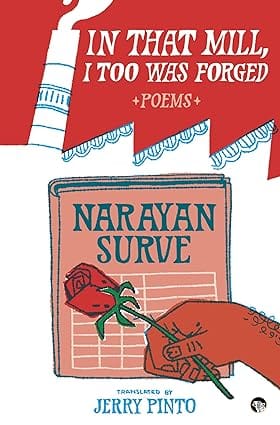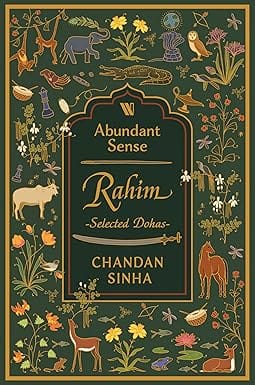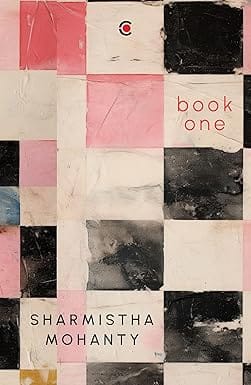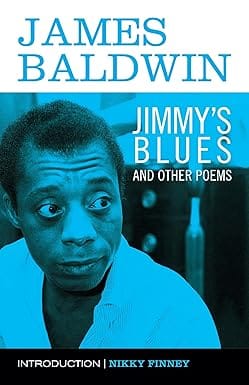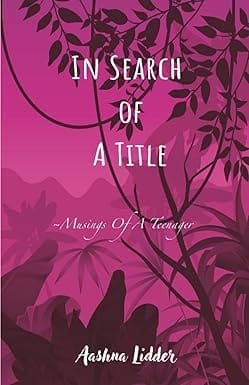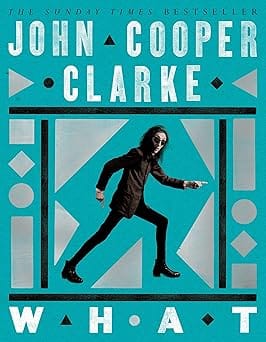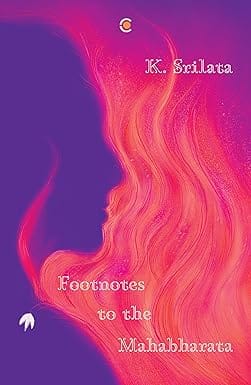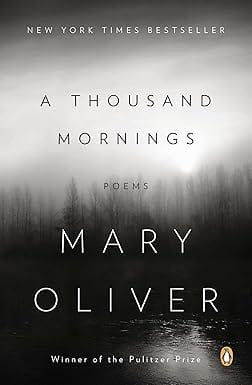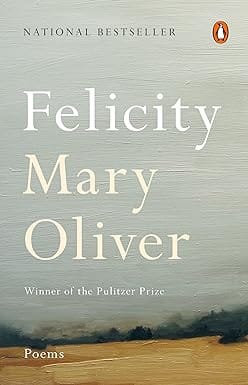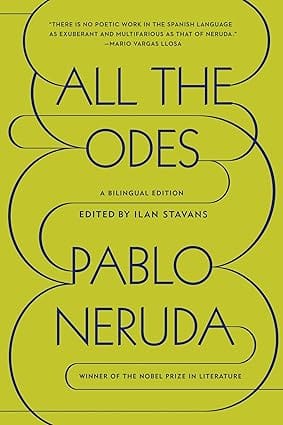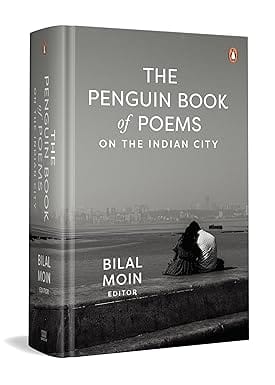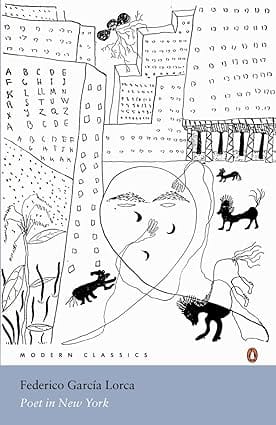-
Non-ficton
- Non-ficton
-
Contemporary Fiction
- Contemporary Fiction
-
Children
- Children
-
Comics & Graphic Novels
- Comics & Graphic Novels
-
Non-Fiction
- Non-Fiction
-
Fiction
- Fiction
Abandoned soon after birth, Narayan Gangaram Surve (1926–2010) was brought up by mill workers, but left to fend for himself once again at the age of twelve in the chawls of Mumbai. He grew up in the streets of the big city, taught himself to read and write—working as doffer boy in a textile mill, a sweeper, a peon—and became a school teacher and a celebrated revolutionary poet. An abiding allegiance to the workers’ movement was the thread that ran through his extraordinary journey. His poetry was thus as much ammunition to fight the good fight as it was art. It evolved a new idiom, written in the Marathi spoken on the streets, freely borrowing words from Hindi or English, unafraid to break literary conventions upheld by the cultured elite. As he puts it, the people were ‘my holy books, my scriptures, my gurus’.
Surve makes no pretence to objectivity. His verse is unostentatious, unabashedly so. He wants to write about, and for, the masses. There’s no attempt to idealize them, however—to gloss over the ugliness of life—for he is one of them. His subjects let their guard down and speak their minds. Activists crack jokes while putting up posters, a sex worker hustles her client, and a butcher remembers how he lost his leg in a riot trying to save a woman from his coreligionists. The mill worker and farmer know exactly who oppresses them; there is anger in them. For all the misery we come across, though, these are not poems of despair, but, instead, of a dogged optimism.
Jerry Pinto renders a broad selection of Surve’s poetry into colourful yet effortless English verse, retaining both its raw energy and immediacy, and the essence of its unyielding commitment to a better future.
About the Author
Narayan Surve (1926–2010) was a celebrated Marathi poet and social activist.
Jerry Pinto is an awardwinning author, translator and poet. His publications include the novel The Education of Yuri (2023), the nonfiction book Helen: The Life and Times of an HBomb, the two collections of poetry, Asylum and Other Poems and I Want a Poem, and translations of (from Marathi) Daya Pawar’s classic autobiography Baluta, and Baburao Bagul’s When I Hid My Caste.
- Home
- Fiction
- Poetry Drama & Literary Criticism
- In That Mill I Too Was Forged Poems
In That Mill I Too Was Forged Poems
SIZE GUIDE
- ISBN: 9789354476402
- Author: Narayan Surve
- Publisher: Speaking Tiger
- Pages: 136
- Format: Hardback
Book Description
Abandoned soon after birth, Narayan Gangaram Surve (1926–2010) was brought up by mill workers, but left to fend for himself once again at the age of twelve in the chawls of Mumbai. He grew up in the streets of the big city, taught himself to read and write—working as doffer boy in a textile mill, a sweeper, a peon—and became a school teacher and a celebrated revolutionary poet. An abiding allegiance to the workers’ movement was the thread that ran through his extraordinary journey. His poetry was thus as much ammunition to fight the good fight as it was art. It evolved a new idiom, written in the Marathi spoken on the streets, freely borrowing words from Hindi or English, unafraid to break literary conventions upheld by the cultured elite. As he puts it, the people were ‘my holy books, my scriptures, my gurus’.
Surve makes no pretence to objectivity. His verse is unostentatious, unabashedly so. He wants to write about, and for, the masses. There’s no attempt to idealize them, however—to gloss over the ugliness of life—for he is one of them. His subjects let their guard down and speak their minds. Activists crack jokes while putting up posters, a sex worker hustles her client, and a butcher remembers how he lost his leg in a riot trying to save a woman from his coreligionists. The mill worker and farmer know exactly who oppresses them; there is anger in them. For all the misery we come across, though, these are not poems of despair, but, instead, of a dogged optimism.
Jerry Pinto renders a broad selection of Surve’s poetry into colourful yet effortless English verse, retaining both its raw energy and immediacy, and the essence of its unyielding commitment to a better future.
About the Author
Narayan Surve (1926–2010) was a celebrated Marathi poet and social activist.
Jerry Pinto is an awardwinning author, translator and poet. His publications include the novel The Education of Yuri (2023), the nonfiction book Helen: The Life and Times of an HBomb, the two collections of poetry, Asylum and Other Poems and I Want a Poem, and translations of (from Marathi) Daya Pawar’s classic autobiography Baluta, and Baburao Bagul’s When I Hid My Caste.
Related Books
User reviews
NEWSLETTER
Subscribe to get Email Updates!
Thanks for subscribing.
Your response has been recorded.

India's Iconic & Independent Book Store offering a vast selection of books across a variety of genres Since 1978.
"We Believe In The Power of Books" Our mission is to make books accessible to everyone, and to cultivate a culture of reading and learning. We strive to provide a wide range of books, from classic literature, sci-fi and fantasy, to graphic novels, biographies and self-help books, so that everyone can find something to read.
Whether you’re looking for your next great read, a gift for someone special, or just browsing, Midland is here to make your book-buying experience easy and enjoyable.
We are shipping pan India and across the world.
For Bulk Order / Corporate Gifting
 +91 9818282497 |
+91 9818282497 |  [email protected]
[email protected]
Click To Know More
INFORMATION
POLICIES
ACCOUNT
QUICK LINKS
ADDRESS
Shop No.20, Aurobindo Palace Market, Near Church, New Delhi

